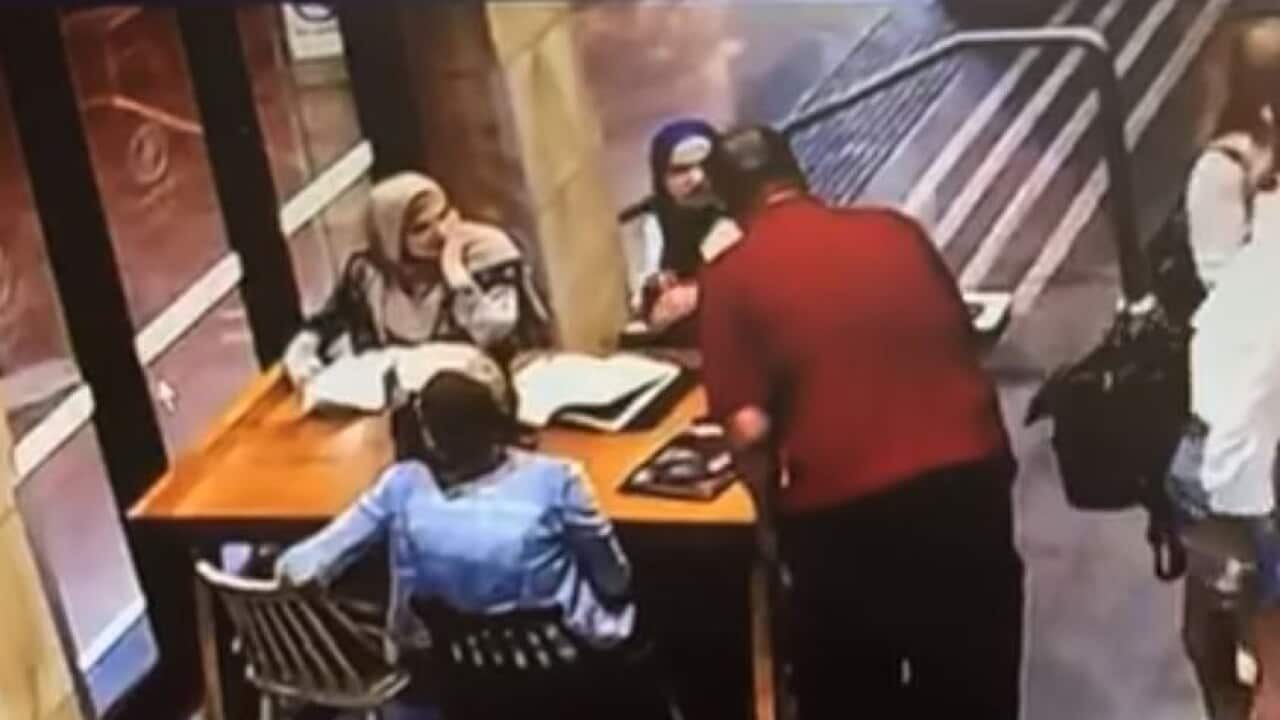Inaz Janif migrated to Australia as a baby from New Zealand and at the age of 12 she decided to wear the hijab.
A decision, she said, has at times had some negative repercussions.
"It's impacted me in terms of my job opportunities," she told SBS News, recalling how once she was offered a job "if I stopped wearing the hijab".
"That was really difficult because I wanted to work and I wanted to be independent and contribute to society."
The vast majority of Australians agree multiculturalism has been good for Australia, but a significant minority still express negativity towards Muslims, according to a report released on Tuesday.
The findings come in the 12th annual Scanlon Foundation report into social cohesion, which also found a major increase in the percentage of people concerned about climate change.
Ms Janif said she found it quite difficult after the 9/11 terror attacks, where she felt targeted and stereotyped because of her religion.
She said she has never been physically assaulted, but verbal abuse is common.
"It's quite often while driving, even with my children with me, that I’m verbally assaulted. I've had my children ask me 'why is that person so angry mum?' 'Why are they saying things about us being Muslim?'."
Ms Janif said the findings of the Scanlon Foundation survey - which found 40 per cent of people held negative views about Muslims - are not a surprise.
But she said more should be done to address these negative attitudes. "I think people who are influential have to set the bar, they have to set the tone for society and make sure that everybody, no matter where they come from and no matter their characteristics or the unique features they have, are accepted," she told SBS News.
"I think people who are influential have to set the bar, they have to set the tone for society and make sure that everybody, no matter where they come from and no matter their characteristics or the unique features they have, are accepted," she told SBS News.

Source: AAP
"I think our differences are the best part about us."
Increasing rates of discrimination
On the question 'have you experienced discrimination over the last 12 months on the basis of your skin colour, ethnicity or religion?' rates have consistently increased since the first survey in 2007 from about 10 per cent to 19 per cent in more recent surveys.
People who identify as Muslim or Hindu reported much higher rates of discrimination at 42 per cent for Muslims and 38 per cent for Hindus.
Between 2006 and 2016, the number of people identifying as Muslim in Australia increased from 340,400 to 604,200.
Mohammad Al-Khafaji, CEO of the Federation of The Federation of Ethnic Communities' Councils of Australia, said anti-Muslim sentiment is an issue the government needs to address.
"That should be a warning sign for all of us, and especially for our political leaders, to make sure that we address this issue before it becomes a bigger problem," he said.
"We know that there was a recent study released by the Islamophobia Register that has quantified some of those complaints and some of those attacks on people from Muslim backgrounds.
"We need to make sure that there are policies and social cohesion programs in place that facilitate a meeting between people so they understand each other's differences, each other's faiths, each other's cultures."




